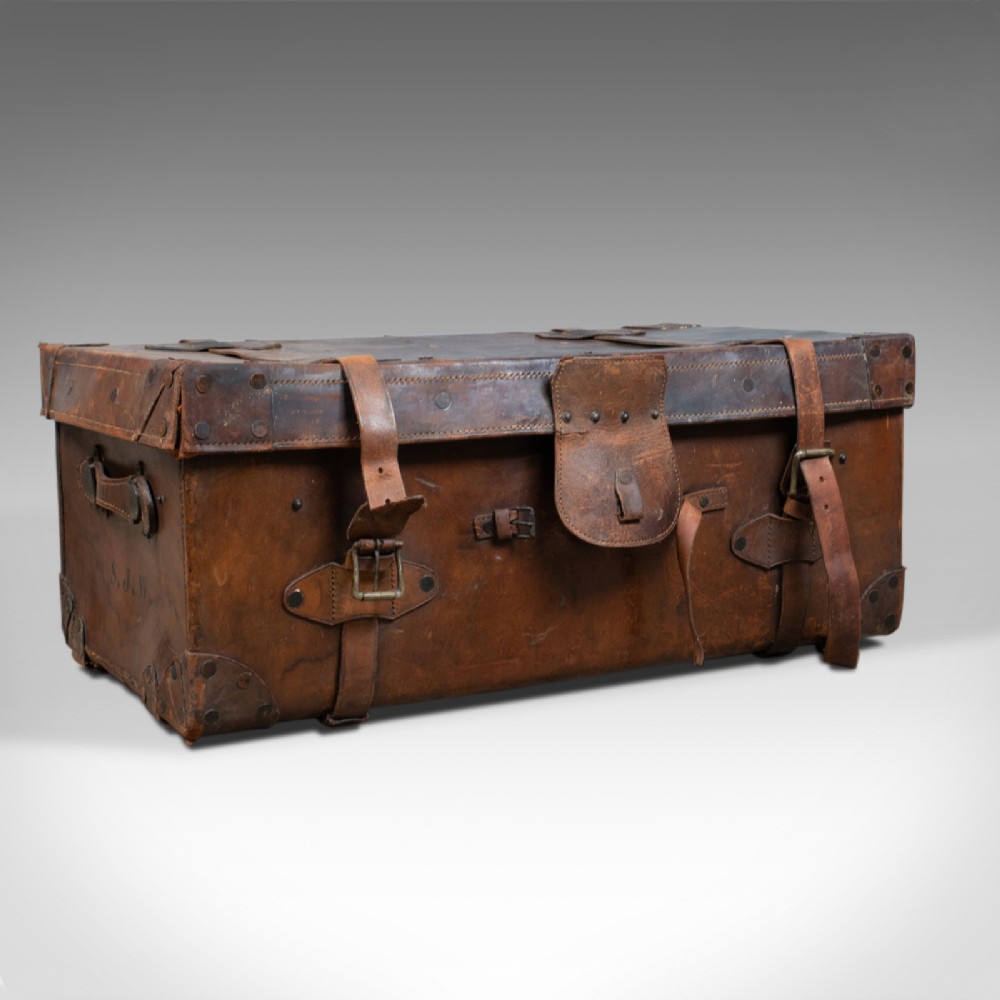Importing & Exporting Trunks and Cases from Rwanda – A Guide for Retailers
Importing & Exporting Trunks and Cases from Rwanda – A Guide for Retailers
When it comes to e-commerce, international shipping can be a tricky business. Computer programs and algorithms make it possible for retailers to ship their goods from one country to another with little hassle, but there are still hurdles that need to be overcome. If you’re thinking about selling goods internationally as part of your e-commerce strategy, you’ll need to think about how you’ll get your goods where they need to go. You might subcontract the shipping aspect of things by hiring an intermediary company or use a freight forwarder who will handle all the details on your behalf. To help you better understand how shipping works when it comes to exporting and importing goods from Rwanda and vice versa, we’ve put together this helpful guide.
What is Freight Forwarding?
The word freight comes from the French word ‘frègne’ which means to pay a price for transportation. Forwarding is simply the process of taking goods to their destination using a combination of different modes of transportation such as air, ocean, rail, road, or a combination of these. In a nutshell, freight forwarding is the process of transporting goods using a range of different modes of transportation. With the increasing ease of global trade, the freight forwarding industry has become a key part of the supply chain. If you’re importing and exporting goods regularly, you might want to consider hiring a freight forwarder. They can take all the hassle out of transporting goods and make the process a lot easier. A freight forwarder will handle every aspect of your shipment from start to finish. This includes finding the right mode of transportation, booking space on the vessel or aircraft, custom clearance, insurance, and scheduling.
Importing Goods from Rwanda to Your Country
If you’re importing goods from Rwanda to your home country, you’ll need to find out about the various types of product clearance that are required for your goods to enter the domestic market. This is likely to be a time-consuming process, so you’ll need to start planning for it well in advance. You’ll need to find out which government department you need to contact to get the product clearance, and they’ll give you all the relevant documentation that you need to file to import your goods. You’ll also need to consider the cost of importing your goods. There are various types of import duties that you may need to pay, so it’s worth checking if you’re not sure.
Exporting Goods to Rwanda from Your Country
Exporting goods to Rwanda can be a little easier as you’ll be familiar with the process. However, you’ll need to make sure that you comply with all the necessary regulations when exporting your goods. While the importing process is long and full of bureaucracy, the exporting process is comparatively short and simple. All you need to do is find a local importer in Rwanda and make sure that the goods comply with local regulations. You’ll then need to work with the importer in Rwanda to ensure that your goods meet all their requirements, and you’ll need to organize the shipping of your goods to Rwanda. This may be easier said than done, but it’s definitely worth it.
Consolidation of Shipment
You’ll need to keep in mind that each shipment of goods has its own cost, and it might be cheaper if you consolidate multiple orders into one shipment. This is particularly true when you’re importing goods and the importer wants you to clear the goods through customs and pay duties. For example, let’s say you have 10 cases of sunglasses that you want to import to your home country. They’ll get charged a customs duty on each case, and the importer will want to make sure that you pay the duty. However, if you were to ship 10 cases at the same time, the importer will want you to pay a single customs duty. If you were to ship two shipments of five cases each, you’re likely to pay two separate customs duties.
Customs Clearance and Documentation
When you’ve found an importer in Rwanda who is willing to buy your goods, you’ll need to make sure that they have all the necessary documentation to clear your shipment through customs. If you’re importing goods to your home country, you’ll need to make sure that you have all the necessary documents to clear your shipment through customs. For example, you’ll need to make sure that you have the packing list and invoice for your goods. If you don’t comply with the customs requirements, your shipment will be detained, and this could cause a huge delay. It’s worth checking with the importers in your home country and in Rwanda to determine if they accept electronic documentation. This will help to speed up the customs clearance process.
Conclusion
Shipping is an integral part of any e-commerce strategy, and it’s important that you understand how it works. If you’re importing or exporting goods, you’ll need to find out about the various types of product clearance and customs documentation that you need. It’s also worth checking if the importers in your home country and in Rwanda accept electronic documentation. This will help to speed up the customs clearance process, and it will help you to avoid unnecessary delays. If you want to grow your business and make it truly international, you need to make sure that you understand the intricacies of shipping goods.








LEAVE A COMMENT
You must be logged in to post a comment.